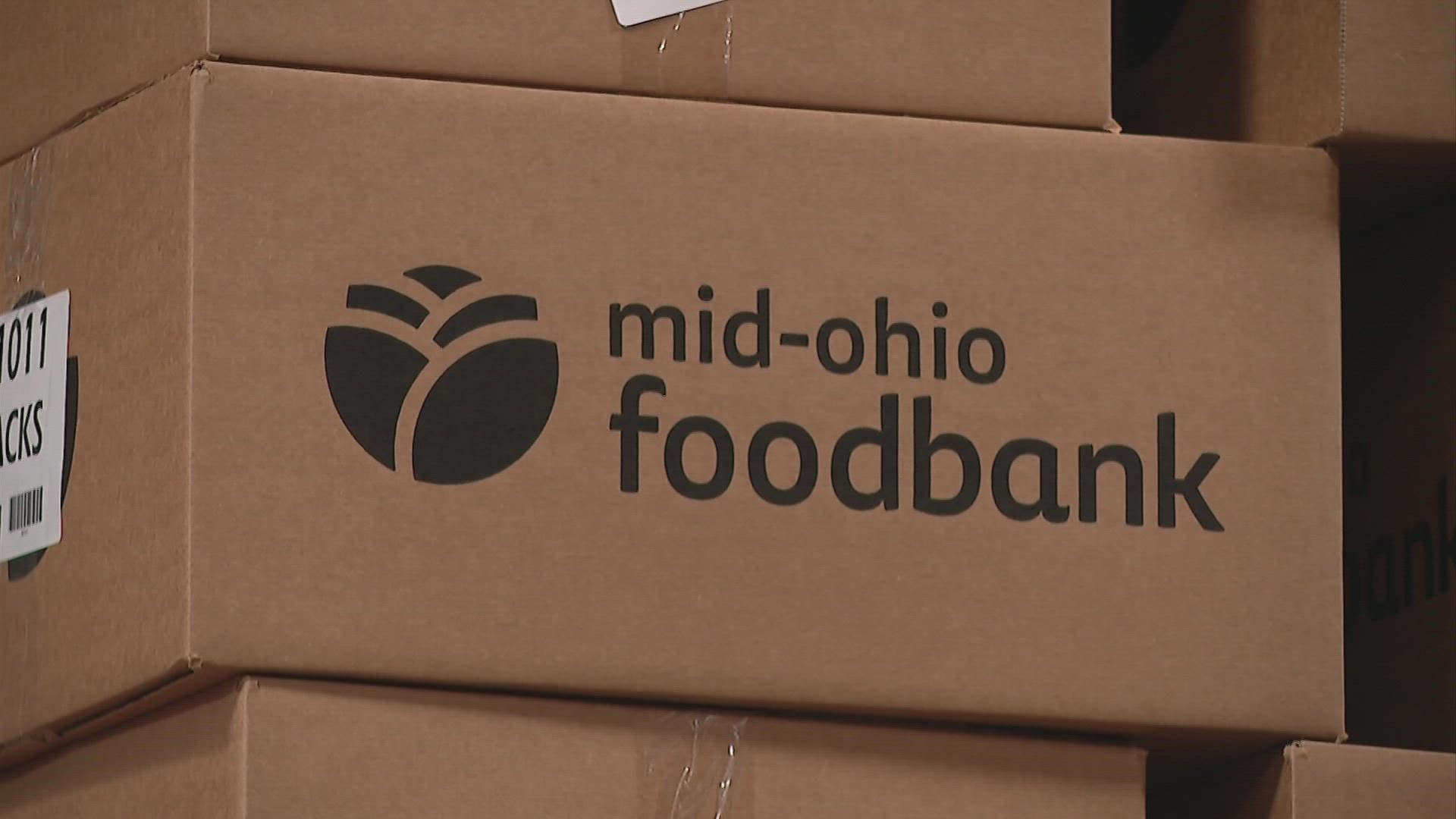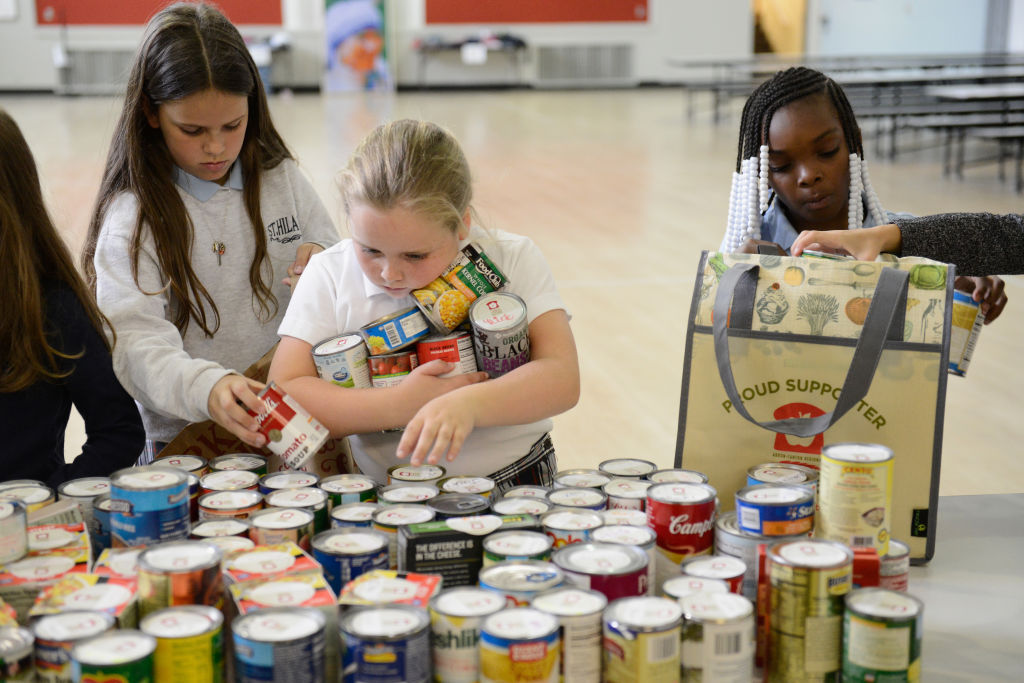SNAP Benefits: Record Demand Strains Ohio Food Banks

Economic Pressures Exacerbate Food Insecurity
After the emergency SNAP benefits ended a year ago, Ohio food banks were faced with extremely difficult circumstances. Numerous homes were still affected by the pandemic’s aftermath, and as grocery prices skyrocketed, a record number of people turned to food banks for assistance. Following the COVID-19 pandemic, households were dependent on SNAP payments that increased monthly by an average of $90 per person. But when these extended benefits ran out, Ohioans were left with an incredible $126 million loss from March until the next year.
The Ohio Association of Foodbanks‘ executive director, Joree Novotny, acknowledged the significant burden that families were placing on their limited resources. The difficulties were exacerbated by inflation, the start of student loan repayments, and rising rent and utility expenses. Novotny emphasized the extraordinary demand they were facing, surpassing their capability.
The numbers were startling: food pantries were feeding almost 1.3 million individuals each month between April and September of the previous year, a sharp 60% rise over pre-pandemic levels. In an Ohio Association of Foodbanks poll, more than three-quarters of SNAP households reported that their food benefits ran out in the first two weeks of the month, exposing the harsh reality that these households face.
Advocating for Comprehensive Solutions Amidst Farm Bill Uncertainty
The Farm Bill‘s expiration, which included important provisions for nutrition and farm programs like SNAP, made the situation worse. Advocates like Novotny were ardently fighting for a comprehensive SNAP program within the upcoming Farm Bill, as Congress had not yet passed a new version. They underlined the necessity of adaptability to protect the farmers who depended on essential assistance programs and to aid suffering families. These misfortunes had clear consequences. Ninety percent of participants in a recent study reported that they were having difficulty keeping up with increased monthly food prices during the previous year. Furthermore, there has been a 2% to 4% rise in the number of people relying on strategies such as skipping meals or asking friends and family for help with nutrition.
In the face of these obstacles, the need for action was more pressing than ever. The predicament of Ohioans who are food insecure highlighted the pressing need for all-encompassing remedies to lessen their suffering and protect their wellbeing.
READ ALSO: Kentucky Senate Committee Rejects Bills to Relax Child Labor Laws, Cut SNAP Benefits
